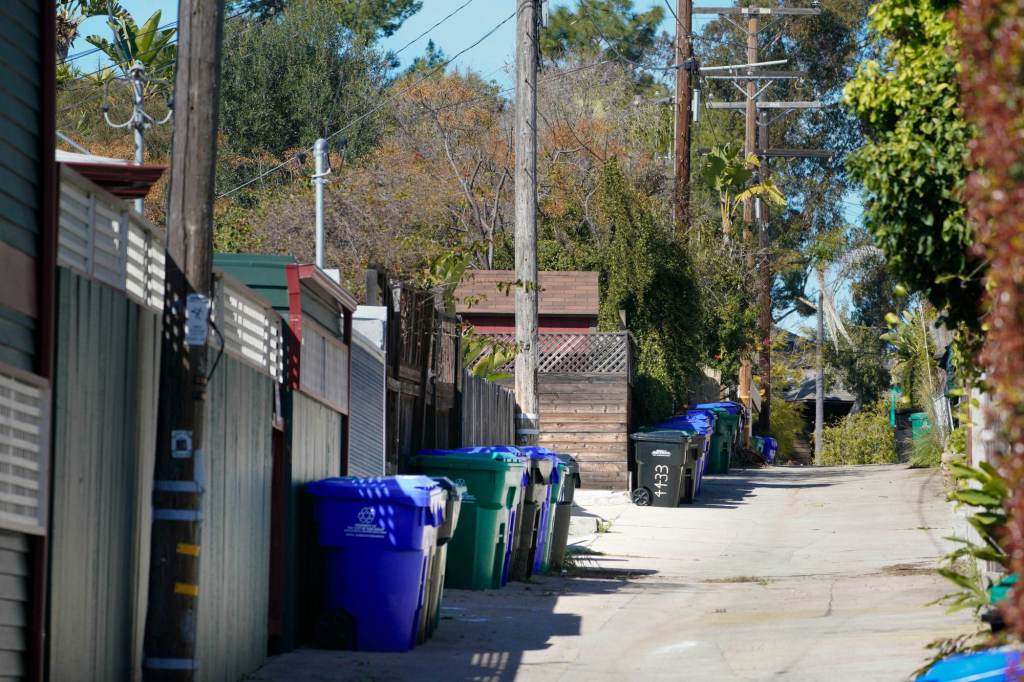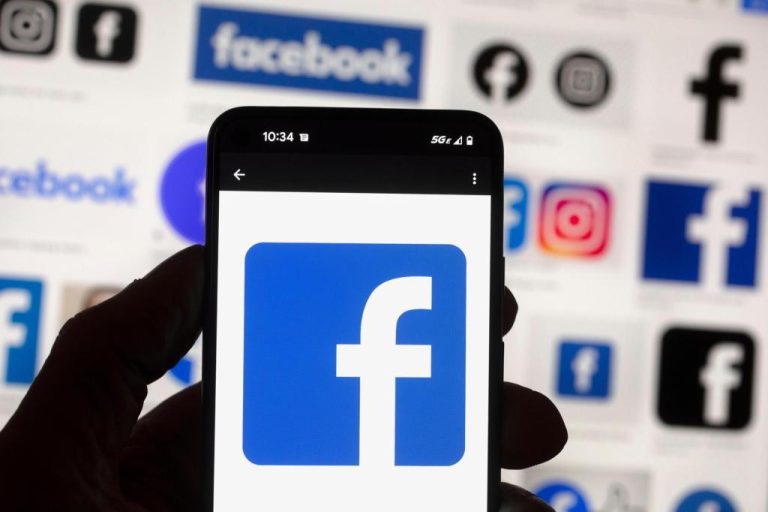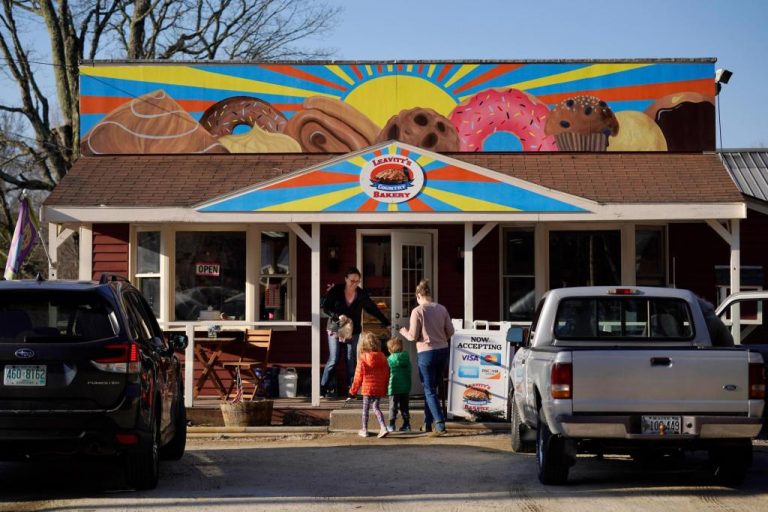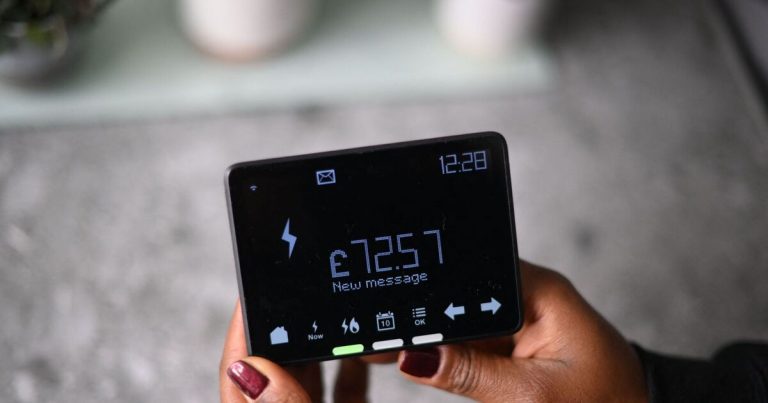

San Diego City Council members are praising a plan to significantly enhance city trash and recycling services, even though those new services could make monthly bills among the highest in Southern California.
But some residents question the necessity of all the new services, such as more frequent recycling collection and bulky-item pickup. And others suggest officials should have given more consideration to keeping service at current levels so residents can pay less.
The debate comes with San Diego poised to start charging people in single-family homes for trash and recycling services after decades of those services being free.
City officials announced Monday that they are proposing a monthly full-service rate of $53, and that the rate would rise to $65 in July 2027 when more trash and recycling services get added.
But customers willing to use smaller trash bins — 35 gallons, instead of the normal 95 gallons — would pay $42 per month instead of $53, and their rate would rise to only $52 in 2027.
When the proposed rates — and the added services driving those rates — were presented to the City Council’s Environment Committee this week, Councilmember Sean Elo-Rivera praised the plan as a major step forward.
“This is a way we take a step toward becoming a better city in terms of services provided, our environmental footprint, our fiscal responsibility and overall fairness,” he said.
The plan aims to help the environment by creating an incentive for people to produce less trash, in the form of a discount for using a smaller bin. It would boost the city’s finances because San Diego has been spending $80 million providing free trash service without any reimbursement.
Elo-Rivera said he understands that not everyone wants each of the new services, but he said you can’t please everyone at all times.
“I hear folks when they say ‘I didn’t ask for this, I didn’t want this,’ but there’s a lot of people who did,” he said. “This is a big city — there’s 1.4 million people who live here — we’re rarely going to agree on every component of everything.”
Several residents complained about surveys conducted and workshops held in recent months to gauge public interest in adding new services. They said the barebones option was treated as an afterthought.
“The option to keep the same service at the same cost should have been a prominent, primary choice,” Marty Graham said.
Elo-Rivera said other positives include forcing the owners of short-term vacation rentals to start paying for trash pickup.
He also said the existing system is unfair to people living in apartments and condos, because they have to pay private haulers for trash service while the taxes they pay the city help subsidize trash service at single-family homes.
“The old system was financially irresponsible,” Elo-Rivera said. “A 100-year-old law was having an outsized impact on the ability of the city to meet multiple goals.”
He was referring to the 1919 People’s Ordinance, which prohibited the city from charging for trash pickup at single-family homes until city voters amended it in 2022.
Elo-Rivera said he sympathizes with San Diego residents facing a wide variety of other rising costs, especially seniors on fixed incomes.
He praised a subsidy program that’s part of the proposal. City officials propose spending $3 million a year in general fund money to help low-income customers.
That amount could cover a full subsidy for 3,400 customers, a 50 percent subsidy for 6,800 customers or a 15 percent subsidy for 23,000 customers.
The city will serve roughly 233,000 customers under its new trash service program.
Councilmember Joe LaCava also praised the proposal, but he raised questions about how the city could help renters who will have the cost of trash service passed on to them by their landlords.
The city’s plan includes property owners getting billed twice a year for trash service in their property tax bills.
Using that method will also make it impossible to allow people in the subsidy program to avoid paying during the first year of the program, said Jeremy Bauer, assistant director of the city’s Environmental Services Department.
Participants in the program will have to pay and then get a rebate during year two, Bauer said.
The full City Council is scheduled to debate the proposal March 25. City officials are also planning a June public hearing where residents can protest the new fees.
Originally Published:






